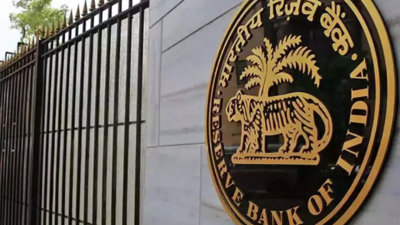
MUMBAI: The possibility of a quick memorandum of understanding (MoU) between RBI and the European Securities and Markets Authority, allowing Esma to set terms to the Clearing Corporation of India, is looking unlikely as Indian authorities maintain that the agency cannot be subjected to “extra-territorial” regulation.
Although Esma has not imposed penal charges on European banks that deal through the CCIL, others such as Deutsche Bank, BNP Paribas, Societe Generale, and Credit Agricole now face higher capital requirements for these transactions.
Esma has been advocating for an MoU compliant with the European Market Infrastructure Regulation (EMIR), aimed at enhancing transparency and stability of the over-the-counter derivatives market. This would require entities to report their trades and mandate that certain derivatives be cleared through central counterparties to mitigate systemic risk. Both RBI and the Indian govt are concerned about the implications of such an agreement, which would mean accepting Esma’s regulatory oversight on Indian entities.
In light of these concerns, RBI and govt are exploring alternative arrangements, including utilising specific banks like Deutsche Bank to facilitate transactions within India’s regulatory framework while preserving national sovereignty. They are also considering the establishment of a designated primary dealer through which Indian branches of European banks can operate in the securities market. The friction between RBI and Esma arises from Esma’s decision to de-recognise the CCIL.





















